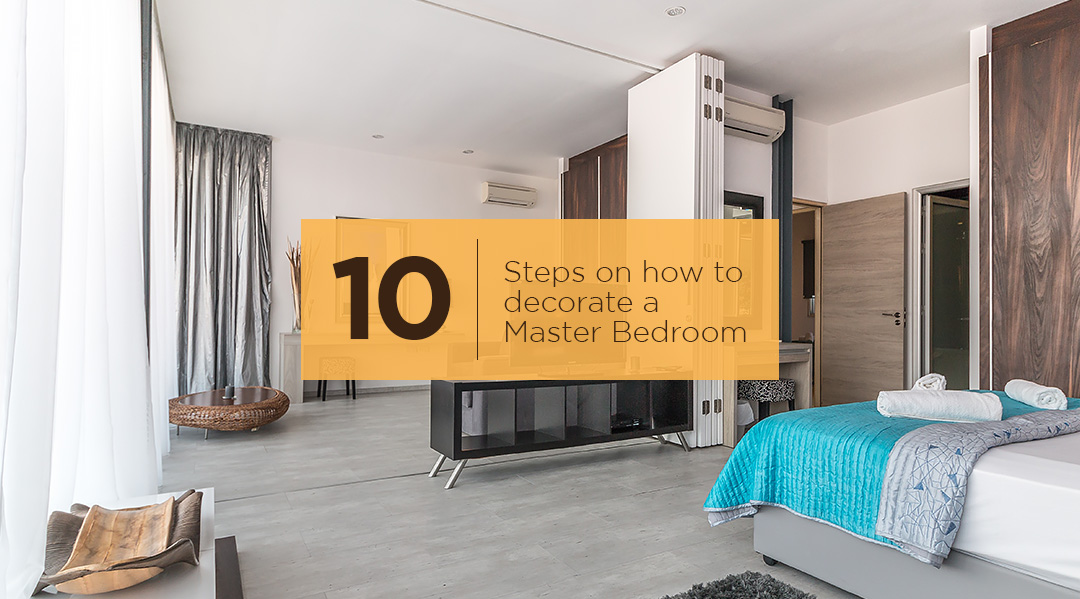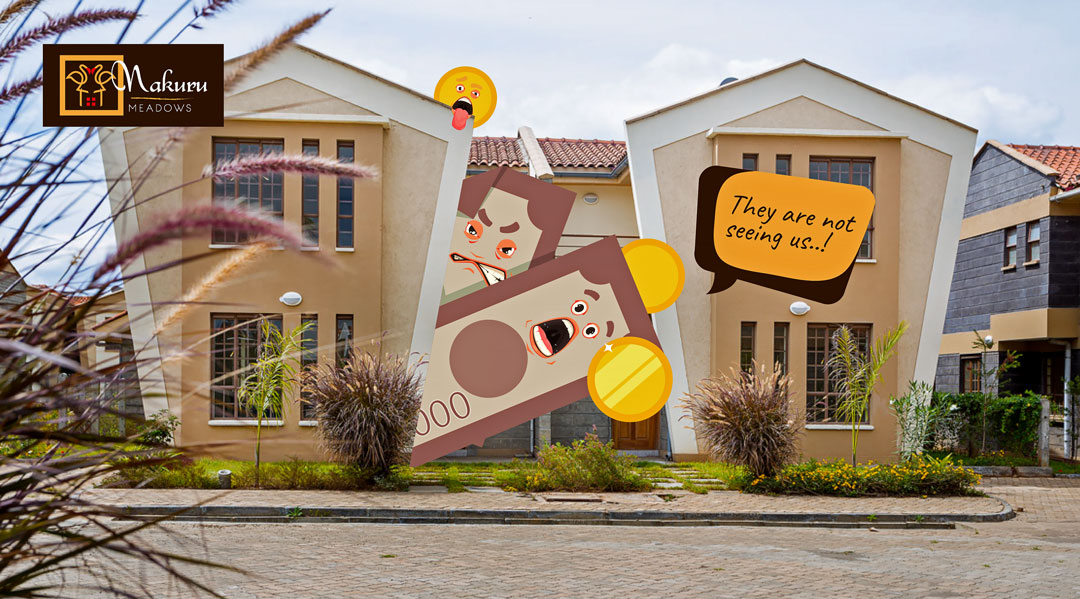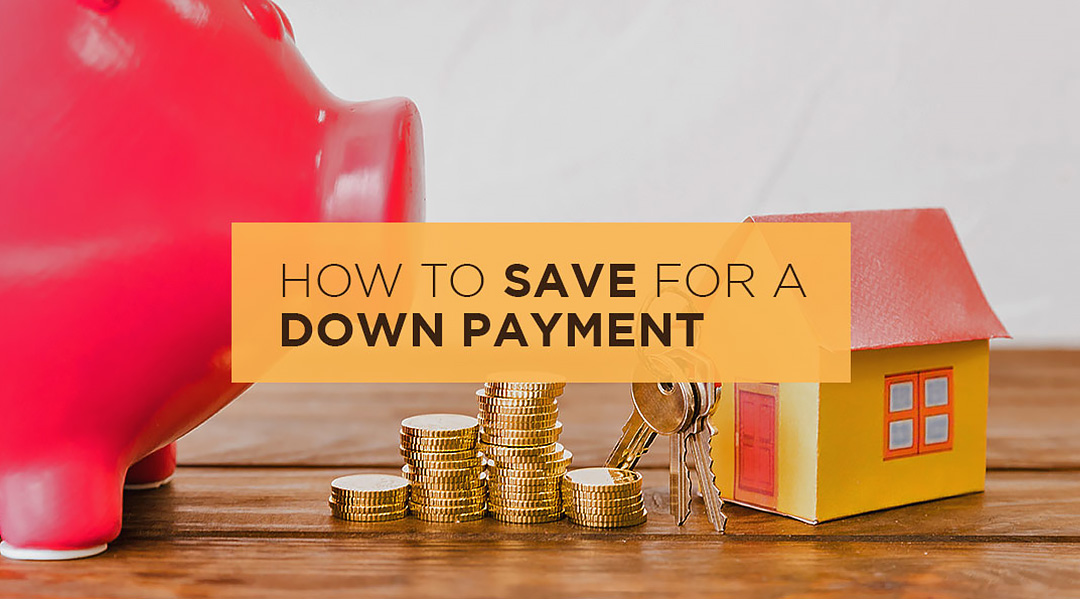
How to Decorate a Master Bedroom
The master bedroom is an important space in the home because it’s a rejuvenating space, a retreat, and an intimate getaway from the world.
Here are some exciting ideas for how to decorate your master bedroom.
1. Decorate with plants.
A bedroom should be a retreat, a place for rest, and rejuvenation. Few things embody rejuvenation like a healthy plant. It adds color, pattern, texture, and an organic flow of positivity in and around your bedroom.
2. Mimic, but not necessarily match, nightstands.
Some people are more comfortable with matching sets, and that’s completely fine when it comes to nightstands. But another way to approach nightstands is to choose two pieces that have something in common – color, context, or overall shape, for example – but aren’t the same. It’s a good idea to keep them relatively equal in size and proportion.
3. Have an easily accessible and interesting night light.
This can be almost anything, from a ceiling-hung pendant to a wall sconce to a simple tabletop lamp. But a night light makes a bedroom truly relaxing – leave it on for someone else, use it for your reading or work, or simply use it to add stylistic height to your nightstand area.
If you choose to have a tabletop lamp make sure you keep a portion of the nightstand clear. Whether it is a master, a guest, or a child’s bedroom, it’s important to keep at least a portion of the nightstand free and clear of décor. This allows the sleeper a convenient place to put a drink of water, a book, a phone or tablet, eyeglasses, hair elastics, or any number of last-minute set-downs.
With the variety of table lamps on the market today, choosing a perfect one has become a daunting task. If your bedroom is more on the serene, neutral, monochromatic side of design, consider choosing a table lamp that has an interesting lampshade or a slightly deeper tint or hue to mix things up.
4. Place a flat surface at the foot of your bed.
In this soothing bedroom of soft neutrals, a burgundy ottoman bench at the foot of the bed serves as a grounding force visually as well as a completely useful place to sit or throw clothes. Temporarily, of course.
5. Involve a mirror.
Mirrors are great for bouncing light around in a room, helping it to feel brighter and more spacious. They also serve a very useful purpose in the bedroom – they provide a place for one final check before leaving the room to face the world.
6. Embrace symmetry.
When possible, symmetry is a very restful and relaxing aesthetic because of its structure and order and predictability. Far from boring, however, symmetry infuses a sense of proper balance and elegance into the bedroom.
Symmetry could manifest itself in something as simple as matching nightstands and bedside lamps. Even when the master bedroom layout itself is anything but symmetric, symmetry surrounding the bed fools the eye to feeling the balance of the symmetrical design.
7. Decorate with pillows.
Whether you choose to use plenty of pillows or fewer, as long as you have some that’s all that matters. A healthy stack of soft and squishy pillows helps a bedroom feel inviting and touchable.
A stack like this makes you want to flop down and rest for a while. When all the pillows are in the same color family, they weave together seamlessly.
However, some people prefer to use fewer pillows. This is okay, it is more minimalist and certainly makes preparing for bed and then making the bed in the morning a faster and more straightforward task.
Another option for decorating with pillows is to vary pillow texture. While the prints are relatively simple, the textural variability of throw pillows is comforting and inviting. Faux fur pillows of any length are a very on-trend piece of décor right now.
8. Incorporate a lounge area.
Of course, not all master bedrooms are spacious enough to create an actual sitting area, but if yours has space, use it! A comfortable chair or two and a table will be an inviting space to sit and relax and talk or read after a long day.
Even in a smaller master bedroom, this concept is a good one – a single chair tucked away in a cozy corner will have a similar soothing effect.
9. Rethink colors.
One way to decorate a bedroom with white walls is to provide warmth and comfort via color infused into space elsewhere.
Of course, a lovely paint color will go a long way in creating the special ambiance of a beautiful bedroom, but you can even take the wall décor a step further and add custom trim or design work onto the wall itself. This will make even a small bedroom look beautiful and authentic.
Another great trick is to repeat colors and shapes. While you don’t want the master bedroom to look or feel boring, it’s a solid decorating method to repeat varied aspects throughout the room. For example, the subtle striped look of the white duvet cover mirrors the original bathroom door. Blues are varied but connect the room as a whole.
You can also use a soft neutral color scheme which tends to create a soft neutral aura. It creates a restful environment for anyone entering a bedroom. It is recommended that you incorporate a few pieces with darker tones to ground the space, however, and keep it from floating away altogether.
10. Always hang window treatments to the floor.
The look is chic and put-together, not to mention luxurious. When it makes sense, have your drapes hang from the ceiling to floor to make the room feel taller and, consequently, more spacious.
We hope you have been inspired by some of these tips on how to decorate your master bedroom and, even more, that you can move forward in creating a bedroom that is restful and beautiful.









